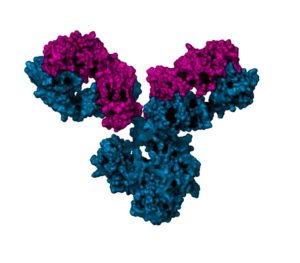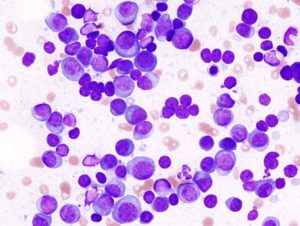You may be aware of the diagnostic value of hemoglobin A1C in managing patients who are at risk of developing diabetes. Hemoglobin A1C is glycated hemoglobin that results from the non-enzymatic chemical reaction of hemoglobin with glucose in the blood. The same phenomenon can occur during cell culture production of biologics such as mAbs.
How does this occur? Cells require a carbon source to grow and propagate in culture. To produce mAbs from CHO cells, the production bioreactor is charged with cell culture media supplemented with glucose as a carbon source. Over 11-14 days, cells multiply and as the secreted mAb product accumulates in the bioreactor, it is exposed to potential post-translational modifications by chemicals in the cell culture media. One of the non-enzymatic modifications that occurs when there is excess sugar such as glucose is glycation, which is a reaction of the aldehyde group of a reducing sugar with the side chain amino group of lysine or the protein’s N-terminus to form a Schiff base. The potential for this reaction to occur during manufacture of mAbs is highest during the beginning of the cell culture process when the concentration of glucose is high, and potentially during storage when the mAb product is formulated with sucrose or trehalose.
In a recent publication in MAbs, Jingjie Mo and colleagues at the Janssen R&D Center in Malvern, PA, discuss how glycation affects the antigen binding efficiency of a monoclonal antibody. They also quantitate overall glycation of the protein, map the location of the glycated residue and link glycation with a change in biologic activity of the mAb.
Click to view the article, “Quantitative analysis of glycation and its impact on antigen binding,” by Jingjie Mo, Renzhe Jin, Qingrong Yan, Izabela Sokolowska, Michael J. Lewis and Ping Hu in MAbs. 2018. 10:3, 406-415.
Chamow & Associates assists biotechnology companies to help address and resolve issues such as this during clinical development of biologics, and we welcome your inquiry.





